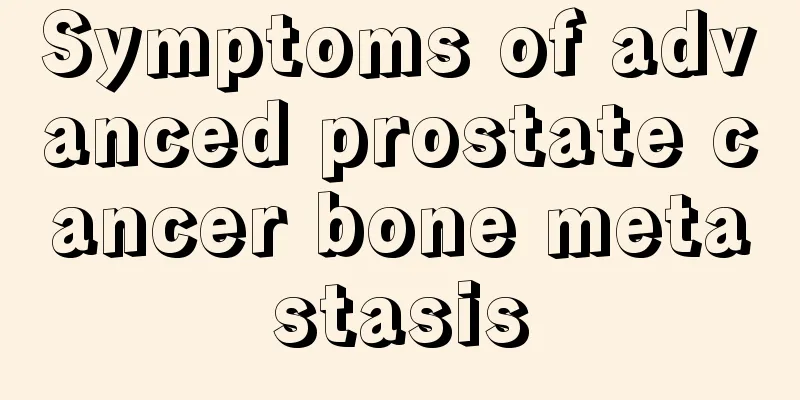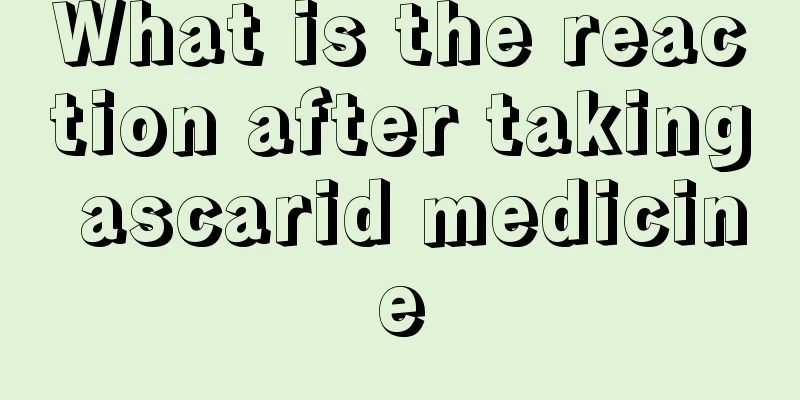What causes premature heartbeats?

|
Heartbeat is a necessary physiological phenomenon for the human body. Heartbeat has many functions. It is the contraction of the heart caused by the beating of the heart, which can exert strong pressure on the blood, allowing the blood to quickly reach all parts of the body. The heart beats according to a certain pattern. Therefore, as long as the rhythm of the heartbeat is disrupted, it will affect the health of the body. Symptoms of abnormal heartbeat are very common. For example, what is premature heartbeat? Premature beats are also called premature contractions or extrasystoles, or simply premature beats. It is a premature ectopic heart beat. According to the site of origin, it can be divided into four types: sinus, atrial, atrioventricular junction and ventricular. Among them, ventricular beats are the most common, followed by atrial beats, and sinus premature beats are rare. Premature beats are a common ectopic rhythm. It may occur in the setting of sinus or ectopic (eg, atrial fibrillation) rhythm. It may occur sporadically or frequently, and may occur irregularly or regularly after every or every few normal beats, forming bigeminy or coupled premature beats. Premature beats may be asymptomatic or may cause palpitations or a feeling of cardiac arrest. Frequent premature beats can cause symptoms such as fatigue and dizziness (due to reduced cardiac output). For people with existing heart disease, this can induce or aggravate angina pectoris or heart failure. Auscultation may reveal irregular heart rhythm and a long compensatory interval after premature beats. The first heart sound of premature beats is often enhanced, while the second heart sound is often weakened or disappeared. When premature beats are in a binomial or tripeminic rhythm, a long pause can be heard after every two or three heartbeats. Premature beats are inserted between two regular heartbeats and may appear as three consecutive heartbeats. Palpation of the pulse may reveal intermittent absence of pulses. Solution: 1. Don't be too nervous when premature beats occur. Ask your doctor to further examine the cause of the premature beats and evaluate the severity of the premature beats. If the cause of premature beats can be found, as long as the cause is eliminated and the disease that causes premature beats is cured, the premature beats can be gradually eliminated. If the cause of the premature beats cannot be found, your doctor will decide whether they need treatment. The prognosis for most patients with premature beats is good. 2. Occasional premature beats have little effect on blood circulation, especially when they are not caused by other diseases. Premature beats themselves are not a serious disease and generally do not require treatment. Therefore, patients should eliminate their worries and remain optimistic. |
<<: What causes back and leg pain?
>>: What medicine is better for skin ulcers?
Recommend
Why does dull pain in the left lower abdomen for a year lead to colon cancer
A year after suffering from dull pain in the lowe...
Tooth replacement too early and bone age too advanced
When a child's body is developing rapidly, pa...
What to do if your knees hurt while running?
If any of your friends feel knee pain while runni...
Tinnitus and buzzing in the head
Some people will experience tinnitus. People with...
What are the effects and functions of Gastrodia elata needle?
Today's society is much more advanced than be...
How much does it cost to cure lymphoma? How to eat and take care of yourself during treatment?
Lymphoma is no longer unfamiliar to people today....
I have diarrhea three or four times a day
Diarrhea is a common phenomenon. Don’t worry if y...
The main symptom of breast cancer is breast lumps
The main symptom of breast cancer is a breast lum...
Discovering this signal indicates that stomach disease will turn into cancer
Gastric disease is a vicious cycle disease that a...
How long should the rice for making zongzi be soaked?
Every year during the Dragon Boat Festival in May...
Treatment methods for common complications of artificial anus surgery
With the improvement of medical technology, the s...
What are the triggering factors of thyroid cancer? Five common causes of thyroid cancer
The main risk factors of thyroid cancer include: ...
Is there any specific medicine for advanced lymphoma
Lymphoma is one of the ten most common malignant ...
What abnormalities will appear in urine tests for prostate cancer
What abnormalities will appear in urine tests for...
How serious is the harm of osteosarcoma
I believe everyone is familiar with osteosarcoma....









